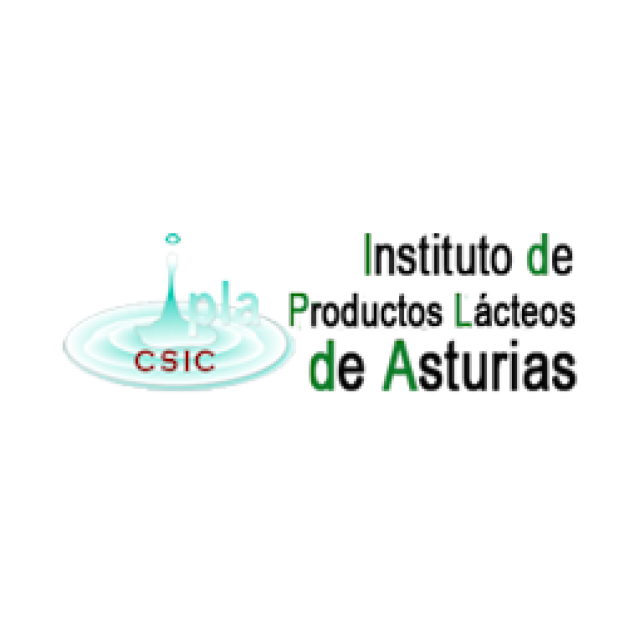- Institution: The Dairy Research Institute of Asturias (IPLA)- Spanish National Research Council (CSIC)
- Department/Service: MicroHealth Group (Functionality and Ecology of Beneficial Microorganisms), Department of Microbiology and Biochemistry of Dairy Products
- Location:
Paseo Río Linares s/n
33300 Villaviciosa (Asturias)
- Web: http://www.ipla.csic.es/microhealth
- Contact:
Patricia Rúas Madiedo
Phone number: (+34) 985892131 (ext. 201022) – (+34) 985893420
e-mail: ruas-madiedo@ipla.csic.es
Collection content
Microbial group/s: Bacteria
Total number of strains: 500 (isolates)
Taxa (number of strains):
B. animalis subsp. lactis (37)
B. adolescentis (70)
B. bifidum (30)
B. longum (47)
B. dentium (6)
B. pseudocatenulatum (17)
L. plantarum (2)
L. gasseri (12)
L. delbrueckii (2)
L. mucosae (7)
L. vaginalis (3)
Ruminoccocus spp. (6)
Rothia spp. (6)
Propionibacterium spp. (12)
Enterococcus spp. (3)
Clostridium spp. (6)
Bacteroides spp. (8)
Eubacterium spp. (3)
Streptococcus spp. (aprox. 90)
Staphylococcus spp. (aprox. 15)
Otros anaerobios (aprox. 208)
Isolation source/Origin:
-Human (feces; content and biopsy of duodenum, ileum and colon; bile)
-Adapted in the laboratory to conditions of technological stress
Preservation method: Glycerol -80°C
Information management: Excel
Characterization level:
- species identification by 16S (500 isolates)
- biotechnological properties (approx. 50 isolates)
Services
Expertise
Key words:
probiotics, functional cultures
Summary:
General objective: contribute to the generation of knowledge about the functions performed by beneficial intestinal microorganisms and those present in food in relation to human health.
Current Research Lines
Line 1. Functionality of microorganisms and probiotic foods
Line 2. Interactions of intestinal microorganisms with the host and with technological challenges
Line 3. Obtaining, preserving, and cultivating fecal microbiota
Line 4. The microbiota in different physiological and pathological states: dysbiosis, microbial markers of disease and strategies to modulate the microbiota
Line 5. Bioinformatics tools for the study of the functionality of microbiota and probiotics.

